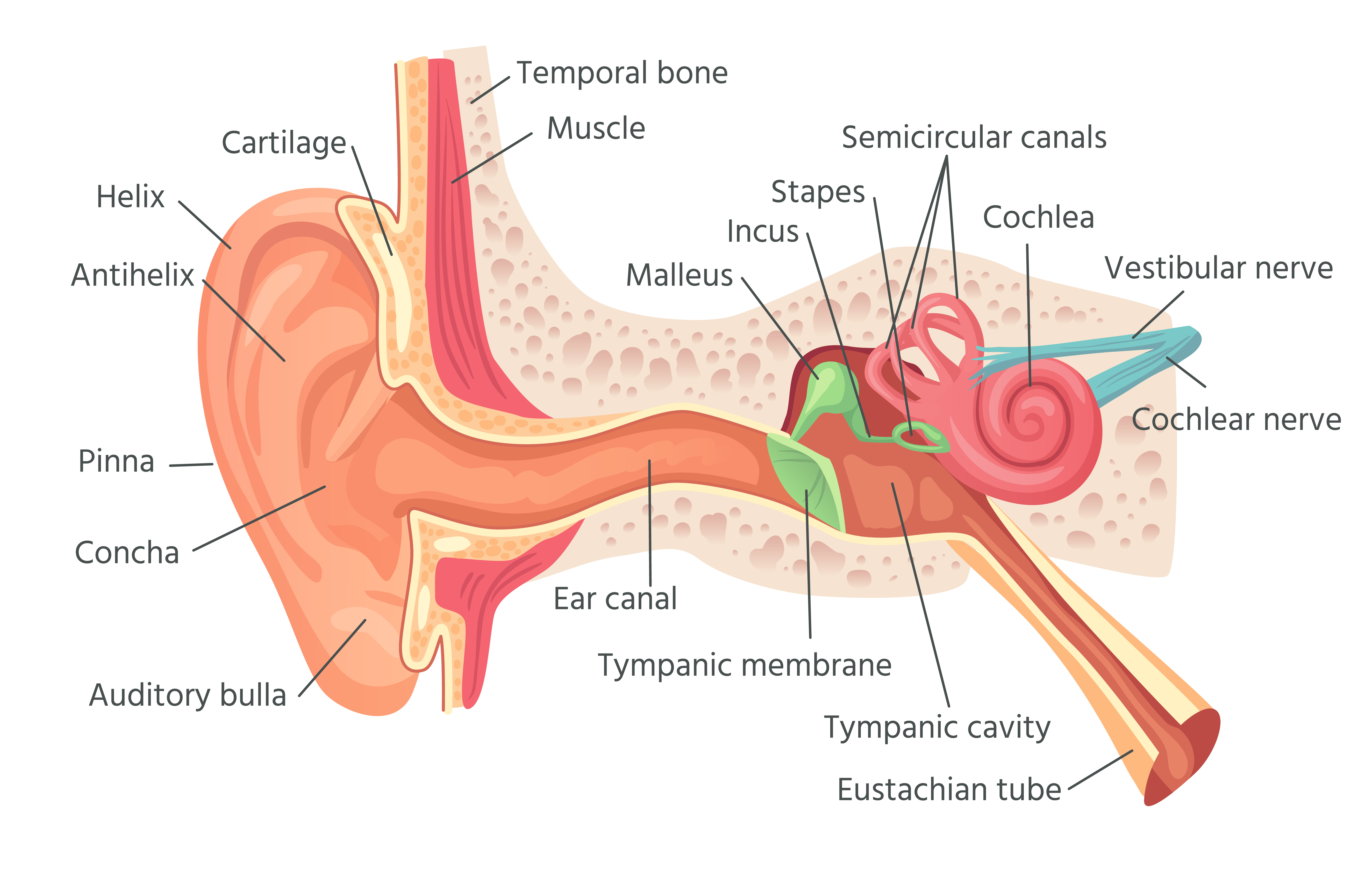Unless you’re a velvet-tongued narcissist, you’ve probably experienced that gut-wrenching moment when you hear a recording of your own voice. The unfamiliar, grating sound that’s apparently leaving your mouth makes you cringe and suddenly pity anyone you’ve ever uttered a word to.
ADVERTISEMENT GO AD FREE
So why does your voice always sound so painfully awkward in audio recordings? The answer lies in the difference between “air-transmitted sound” and “bone-transmitted sound.”
When you speak, you’re hearing the sound in your ears through vibrations in your bones, as well as through vibrations in the air that hit your eardrum, according to the University of Tokyo. Conversely, the sound of your voice comes purely in the form of air-transmitted sound when you listen back to a recording of yourself, which gives it a whole other quality.
The journey of air-transmitted sound to your brain goes like so: waves of sound travel through the air and enter our ear through the ear canal until it hits our eardrum. The eardrum passes these vibrations to three tiny bones nestled deep inside our ear, known as the auditory ossicles (malleus, incus, and stapes). They channel the vibrations onward to the cochlea, a spiral-shaped organ that looks like a snail’s shell, which translates the vibrations into electrical signals. The signals are then sent down the auditory nerve to the brain, where they are understood as the sounds we know.

Behold, the inner workings of the human ear.
Image credit: Tartila/Shutterstock.com
Bone-transmitted sound works a bit differently. Instead of traveling through the air, the sound travels as vibrations through the temporal bone in the skull directly next to the cochlea, which converts these vibrations into electrical impulses. It’s the reason why you can still hear yourself humming even if you’ve stuck your fingers in your ears; the hum is transmitted as a vibration that’s going through your skull.
Both ways of hearing ultimately transmit the same information through vibrations, however, they endow the sound with slightly different tonal qualities. Hearing a recording of your own voice can seem shrill and weirdly high compared to the soft, deeper tones you usually hear internally.
Bone conduction seems to amplify the lower-frequency vibrations, causing your voice to sound deeper and less high-pitched than it really is. This is why your voice seems so much deeper when you speak with your fingers pressed into your ears.
ADVERTISEMENT GO AD FREE
When listening to a recording of yourself, the difference can be jarring, but that’s simply because you’re not used to it.
Unfortunately, yes, that means the air-transmitted version of your voice is the same that other people hear when you’re yapping away. However, the good news is that they probably don’t think it sounds nearly as awful as you think it does.
A study in 1966 found that people generally have negative reactions to the sound of their own voice, but don’t feel the same way about others’ voices. This could be because we tend to pay attention to different things when others are chatting away. When listening to someone else’s recorded voice, participants focused more on aspects like grammar, syntax, and personality. However, when it came to their own voice, the focus shifted to the quality and tone of the recording.
We’re always our own harshest critics, after all.
Source Link: Why Does Your Own Voice Sound So Horrendous On Recordings?